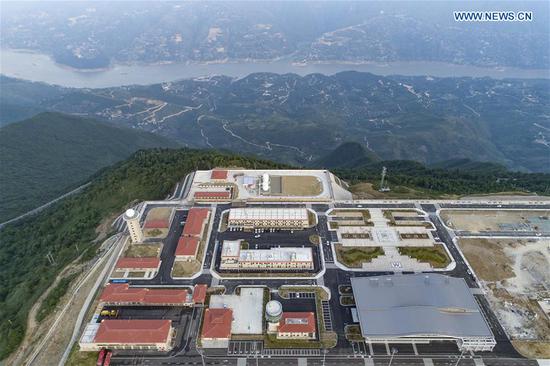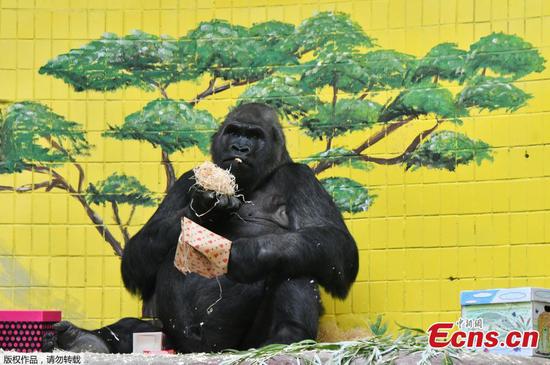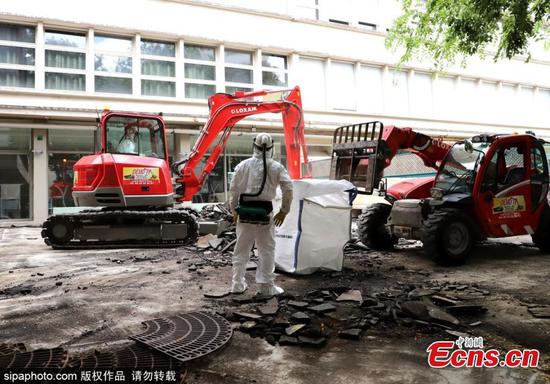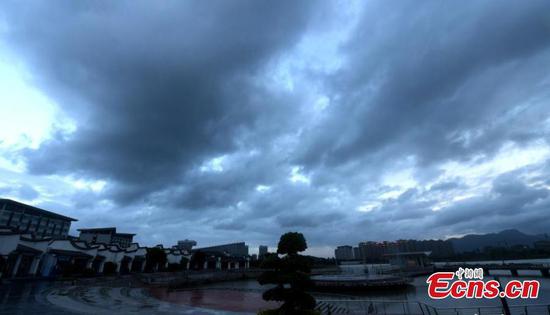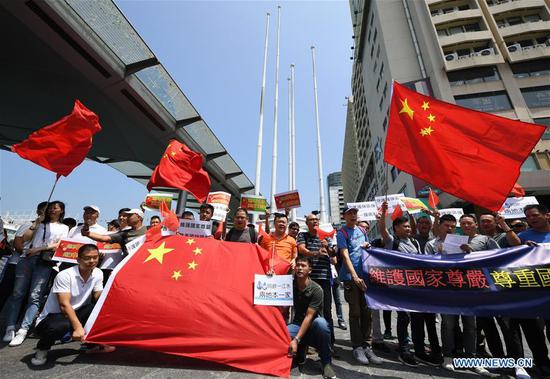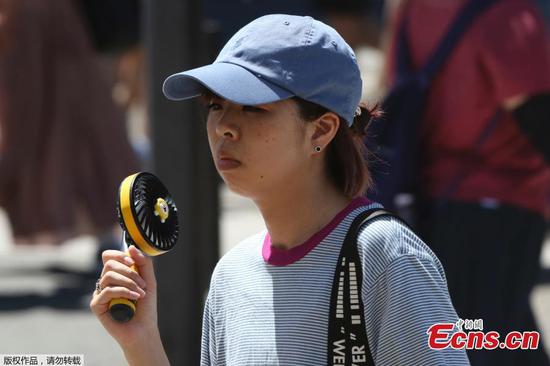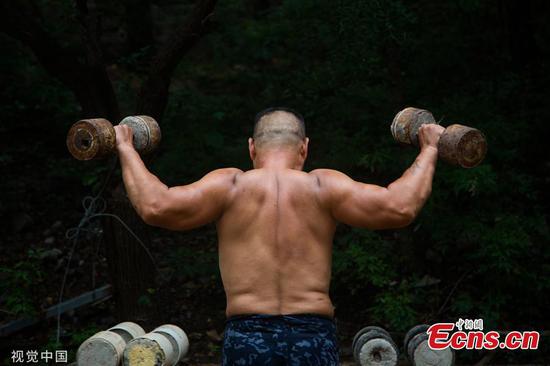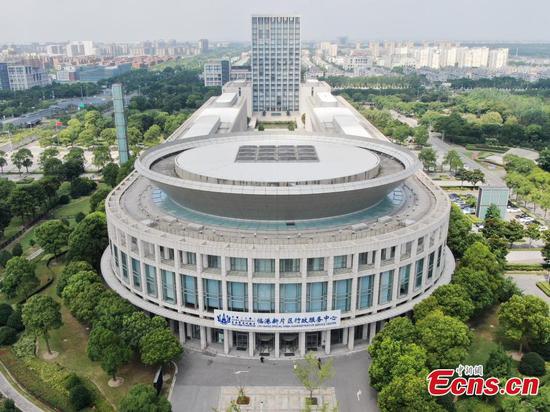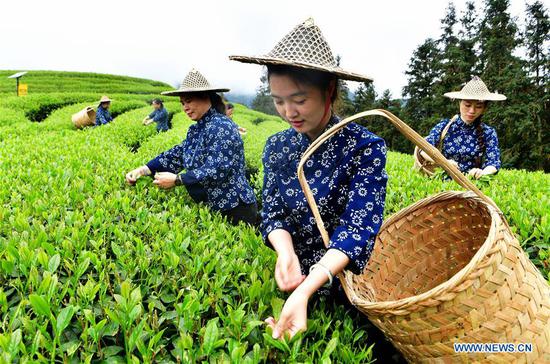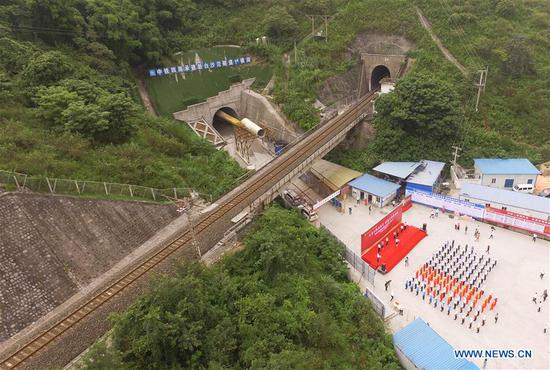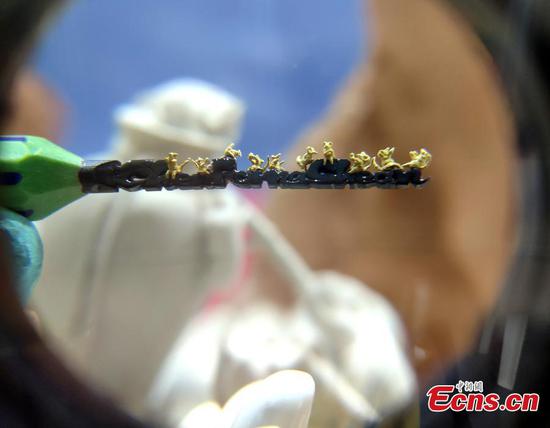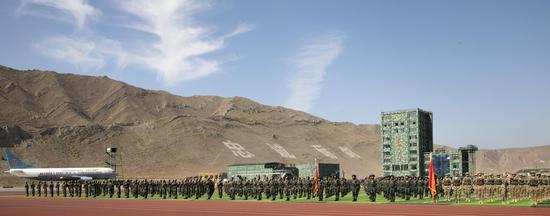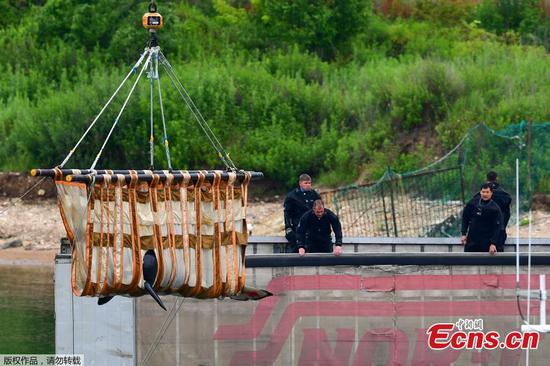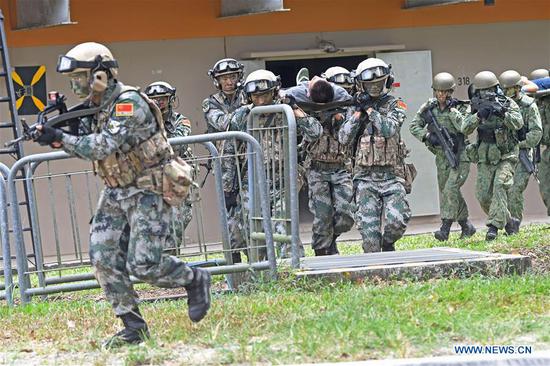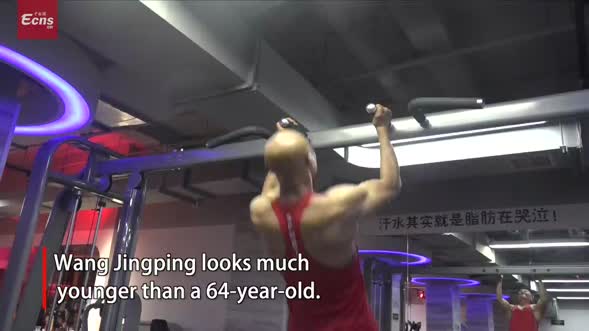Preparing for de-coupling
A huge domestic market, rare earths and a complete industrial chain give China more aces when sticking to its development path amid external chaos, analysts said.
Technology decoupling between China and the U.S. will bring much harm to both countries, but China has been preparing to survive either through self-reliance or by expanding cooperation with other countries, they said.
"Regardless of what the U.S. will do to China or Chinese tech firms next, it will not fall out of expectations," said Sun Chenghao, an assistant research fellow at the Institute of American Studies of the China Institutes of Contemporary International Relations.
"In fact, we have been beefing up efforts to tackle the trade war, especially the Cold War in advanced manufacturing and high technologies for a long period of time," Sun told the Global Times Thursday.
Since announcing its plan-B of HiSilicon in May, Huawei has become more confident, industry insiders noted.
HiSilicon can provide enough supplies to major Huawei products such as smartphones, and its Balong 5000 chipset has also passed network tests and can now operate in both standalone and non-standalone 5G-network environments.
Huawei has been diversifying its supply chain in recent months while continuously investing in core technologies such as chipsets and an operating system. And the company has been preparing for the worst-case scenario for some years and is capable of designing and producing chipsets such as the Balong 5000.
It is expected to unveil the HongMeng OS on Friday in its production base in Dongguan, South China's Guangdong Province, and the first batch of devices with the HongMeng OS will be the Honor smart TV series, which will be introduced in the market on August 10, media reported.
Some of its senior executives have also reiterated their confidence in Huawei's business, particularly when facing growing pressure from the U.S..
"Huawei still needs to work with its U.S. counterparts for the supply of some components, but it has been working very hard in strengthening self-reliance in core chipsets and components for long-term growth," Xiang Ligang, director-general of the Beijing-based Information Consumption Alliance, told the Global Times Thursday.
China still has advantages in the full-scale supply chain on which the U.S. companies rely on, and the decoupling of the industries is unlikely in the near future, he said.
However, the U.S. crackdown on Huawei has helped form a consensus in the country's high-tech sector, as more companies increase investment in research and development to boost competitiveness.











